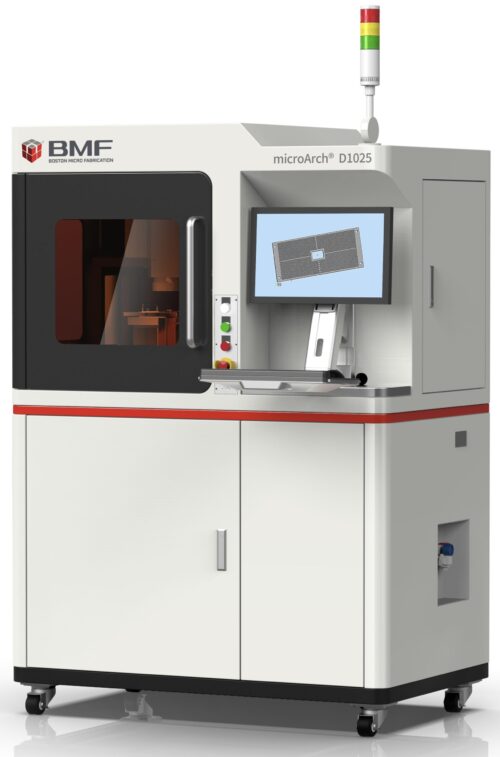Today's Clinical Lab •
April 9, 2025
3D Printing Is Becoming a Lab Staple to Drive Innovation
Innovation often means overcoming longstanding industry pain points. In health care and medical technology, researchers are turning to new types of technology to help them push the boundaries in their fields of study.









